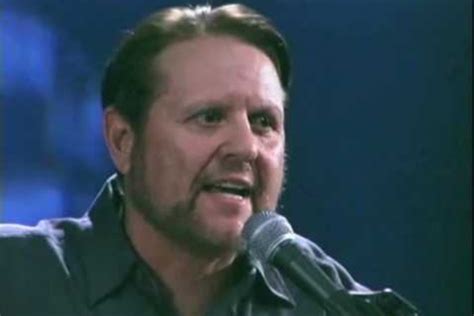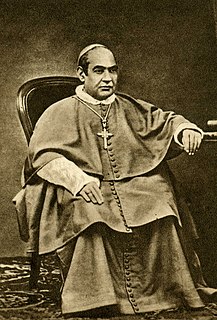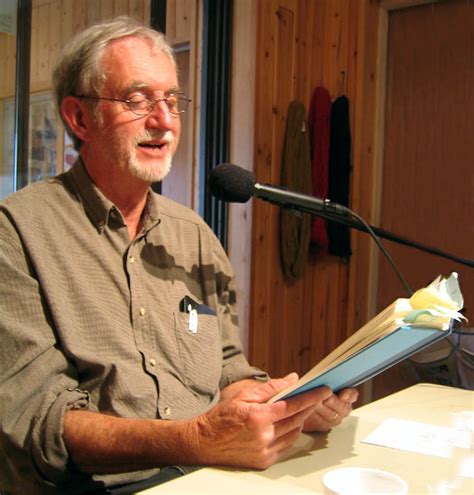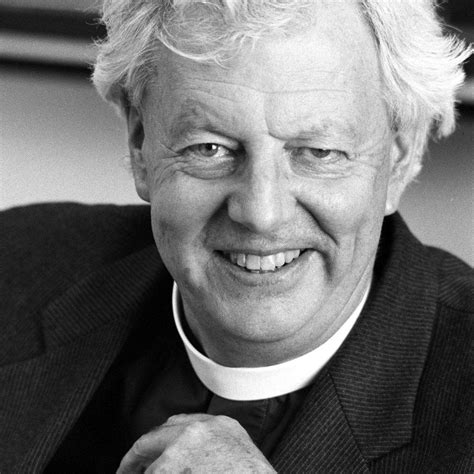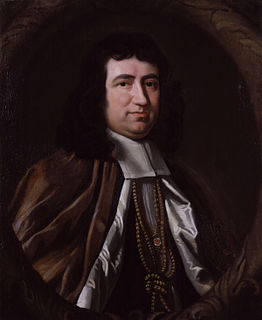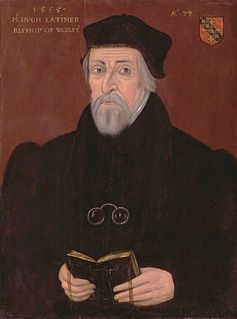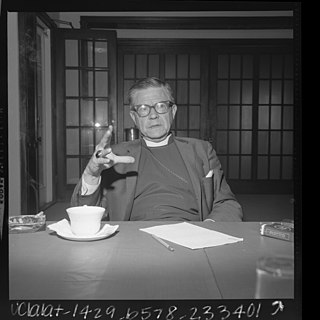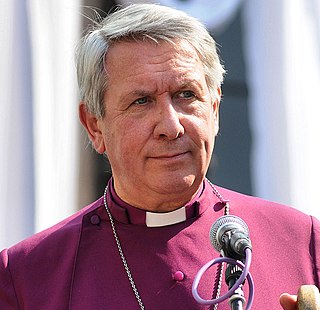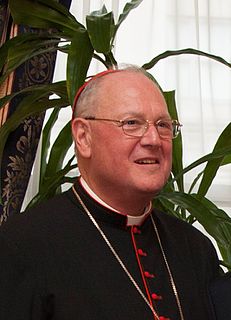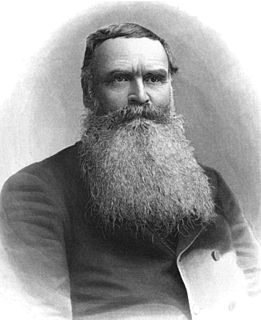A Quote by James Sharp
All solitary enjoyments, quickly fall, or become painful, so that, perhaps, no more insufferable misery can be conceived than that which must follow incommunicable privileges. Only imagine a human being condemned to perpetual youth while all around him decay and die. O, how sincerely would he call upon death for deliverance!
Related Quotes
...a condemned man who, at the hour of death, says or thinks that if the alternative were offered him of existing somewhere, on a height of rock or some narrow elevation, where only his two feet could stand, and round about him the ocean, perpetual gloom, perpetual solitude, perpetual storm, to remain there standing on a yard of surface for a lifetime, a thousand years, eternity! - rather would he live thus than die at once? Only live, live, live! - no matter how, only live!
Sweet is true love though given in vain, in vain;
And sweet is death who puts an end to pain:
I know not which is sweeter, no, not I.
Love, art thou sweet? then bitter death must be:
Love, thou art bitter; sweet is death to me.
O Love, if death be sweeter, let me die.
...
I fain would follow love, if that could be;
I needs must follow death, who calls for me;
Call and I follow, I follow! let me die.
But this is not difficult, O Athenians! to escape death; but it is much more difficult to avoid depravity, for it runs swifter than death. And now I, being slow and aged, am overtaken by the slower of the two; but my accusers, being strong and active, have been overtaken by the swifter, wickedness. And now I depart, condemned by you to death; but they condemned by truth, as guilty of iniquity and injustice: and I abide my sentence, and so do they. These things, perhaps, ought so to be, and I think that they are for the best.
I believe passionately that Christianity is a way of life, not a theological system with which one must be in intellectual agreement. I feel that Christ would admit into discipleship anyone who sincerely desired to follow him, and allow that disciple to make his creed out of his experience; to listen, to consider, to pray, to follow, and ultimately to believe only those convictions about which the experience of fellowship made him sure.
I love Death because he breaks the human pattern and frees us from pleasures too prolonged as well as from the pains of this world. It is pleasant, too, to remember that Death lies in our hands; he must come if we call him. ... I think if there were no death, life would be more than flesh and blood could bear.
There are two kinds of death, the death which is inevitable and common to all beings, and the death which is voluntary and particular to certain ones of them only. It is the second death which is prescribed for us in the words of the Messenger of Allah: "Die before you die." The resurrection is accomplished for him who dies this voluntary death. His affairs return to God and they are but one. He has returned to God and he sees Him through Him. As the Prophet said - on him be Grace and Peace!
It was the consideration of the multitude of souls which fall into the depths of Hell, because it is of faith that all those who die in mortal sin are condemned forever and ever. According to statistics, approximately 80,000 persons die every day. How many of these will die in mortal sin, and how many will be condemned, for, as their lives have been, so also will their end be.
We love and care for oodles of people, but only a few of them, if they died, would make us believe we could not continue to live. Imagine if there were a boat upon which you could put only four people, and everyone else known and beloved to you would then cease to exist. Who would you put on that boat? It would be painful, but how quickly you would decide: You and you and you and you, get in. The rest of you, goodbye.
Perhaps it was Maggie, perhaps not. In solitary moments magpies will perch on a branch and mutter soft soliloquies of whines and squeals and chatterings, oblivious to what goes on around them. It is one of those things, I suppose, intelligence now and then does, must in fact now and then do, must think, must play, must imagine, must talk to itself. ... What, finally, intelligence could be for: finding your way back.
If someone were to say that life at hard labor is as painful as death and therefore equally cruel, I should reply that, taking all the unhappy moments of perpetual slavery together, it is perhaps even more painful, but these moments are spread out over a lifetime, and capital punishment exercises all its power in an instant.
Such is the remorseless progression of human society, shedding lives and souls as it goes on its way. It is an ocean into which men sink who have been cast out by the law and consigned, with help most cruelly withheld, to moral death. The sea is the pitiless social darkness into which the penal system casts those it has condemned, an unfathomable waste of misery. The human soul, lost in those depths, may become a corpse. Who shall revive it?
There is neither happiness nor misery in the world; there is only the comparison of one state with another, nothing more. He who has felt the deepest grief is best able to experience supreme happiness. We must of felt what it is to die, Morrel, that we may appreciate the enjoyments of life. " Live, then, and be happy, beloved children of my heart, and never forget, that until the day God will deign to reveal the future to man, all human wisdom is contained in these two words, 'Wait and Hope.
Where is it I've read that someone condemned to death says or thinks, an hour before his death, that if he had to live on some high rock, on such a narrow ledge that he'd only room to stand, and the ocean, everlasting darkness, everlasting solitude, everlasting tempest around him, if he had to remain standing on a square yard of space all his life, a thousand years, eternity, it were better to live so than to die at once. Only to live, to live and live! Life, whatever it may be!







